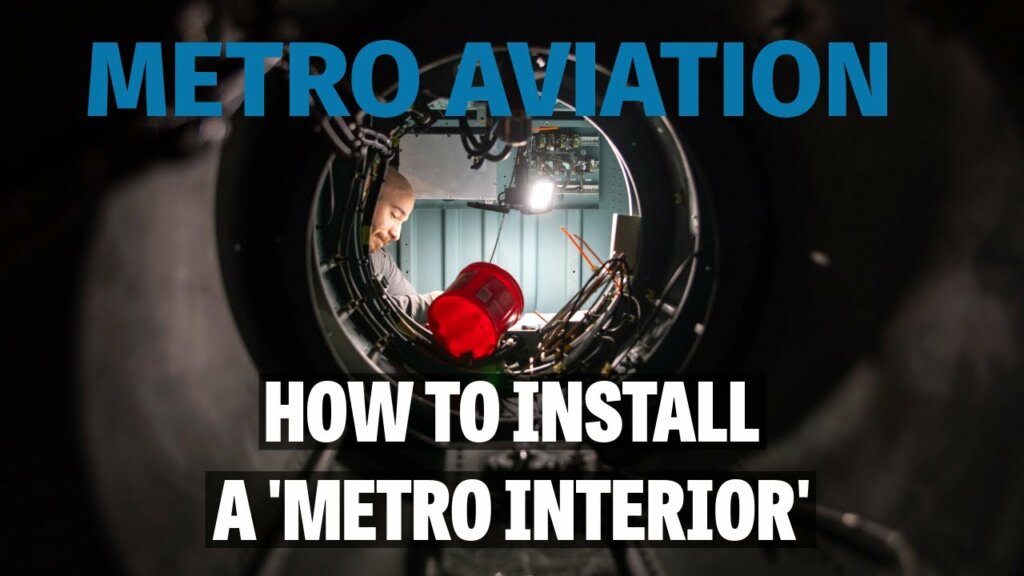
Robinson Helicopter has failed in an appeal against what it labelled “fundamentally unfair” charges from the European Aviation Safety Agency (EASA) related to its ongoing certification process for the Robinson R66.
The case, lodged with the EASA Board of Appeal, concerned the latest of a series of EASA invoices for its certification efforts on the R66. Robinson applied for EASA type approval for the R66 in May 2010, and had paid a total of €462,053 (US$627,682) over two invoices, covering the cost of certification up to Dec. 31, 2011. In November 2012, it then received another invoice from EASA for €290,183 (US$394,185) — and it was at this point that Robinson lodged its complaint. It requested the third invoice be rescinded, that “an appropriate and fair flat type acceptance fee” be determined, and said this fee shouldn’t exceed the amount it had already paid to EASA.
Robinson said EASA’s fees regulations state that the fees it charges for certification must be set in a fair and uniform manner — and alleged that the fees were neither. The company pointed to the amounts charged by EASA for type certification of the Robinson R44 and the Bell 429. “It is reasonable to expect that the certification fee may be related to design complexity, since the amount of work required to become familiar with a product and the issues involved may be related to its complexity,” said Robinson in its appeal. “The price of a helicopter is considered the best measure for this parameter.”
It compared the ratio of certification fee charged by EASA to unit price for the R44 II, Bell 429, and the R66 — with the fee and unit price of the R44 II used as the baseline ratio of 1.00. Compared to this ratio, the Bell 429 was 1.06, while the Robinson R66 was already 6.63.
“By any measure, the R66 has more in common with the R44 II than the Bell 429, and yet the flat fees for the R66 and Bell 429 helicopters are identical, and larger than the R44 II by an order of magnitude,” said Robinson. “By creating such coarse division between certification categories based on the number of seats, the fees cannot be uniform or fair.”
It then compared the cost of type design approval in other countries around the world, and drew particular comparison to Canada, where it said the validation team size, and depth of review of the FAA certification was “very similar” to that of EASA. There, Transport Canada levied a total fee of CAD$90,000 (US$80,000). “The billed amount is therefore estimated to be well over ten times what would be necessary to recover costs,” said Robinson.
“There is a conflict of interest between regulation and revenue generation,” the manufacturer surmised. “It is . . . to the financial benefit of EASA to minimize resources applied to a type acceptance program and to maximize the depth of review and generation of certification review items. In all other countries where aircraft certification cost recovery is implemented, there is a recognition of this conflict, and in the interest of fairness a limit is set on the amount recoverable or the fee is independent of the time taken to complete acceptance. The concept of paying more to receive less is the opposite of normal economic principles. This makes the fee structure fundamentally unfair.”
However, the Board of Appeal dismissed Robinson’s appeal, finding that EASA had adhered to its fees regulation. “To the Board it appears that . . . the appellant [Robinson] questions the legality of the fees regulation,” the Board of Appeal said in its findings. “The Board shall therefore first remark that it is not empowered to question the legality of provisions of an act such as fees regulation. . . . The Board cannot question the ‘prices’ set by the Union legislator even if it were established that they amount to abuse of the monopolistic position that the agency holds in providing the certification tasks that the basic regulation confers upon it. If the appellant wants to question the provisions of the fees regulation, it appears to the Board that the appellant must take the present matter further to Union Judicature, i.e. the Union’s Courts in Luxembourg.”
Robinson has two months to appeal the decision with the General Court of the European Union.









